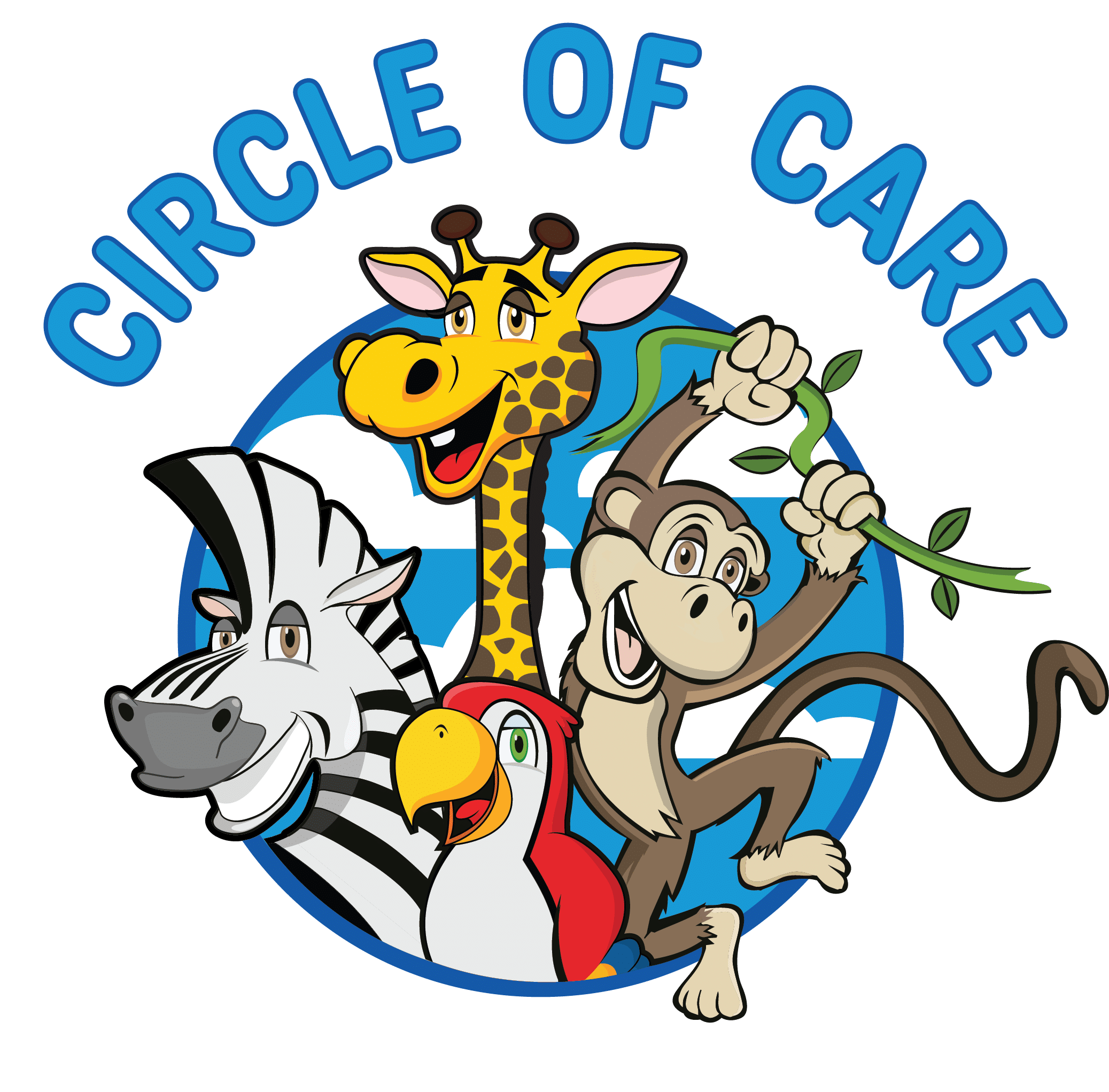Common Types of Developmental Disabilities in Children

Author: Circle of Care
Raising children can be a challenging yet rewarding experience for any parent. However, those with the additional burden of helping their children through developmental disabilities may feel overwhelmed. While every child diagnosed with a developmental disability is unique in their needs and behaviors, there are some common types that can help guide parents on the best course of action to help care for their child.
What is a Developmental Disability?
Developmental disabilities are a group of conditions that affect an individual’s learning, childhood developmental milestones, and communication abilities. These disabilities can include physical, cognitive, and/or psychological impairments that were apparent before the age of 18 and limit what a person can do or how they do it.
What are the Effects of Developmental Disabilities?
Developmental disabilities are lifelong disabilities and may impact one’s ability to communicate, understand what is being said to them, move around their environment freely, integrate into family and community activities together with their peers, care for themselves independently, perform day-to-day tasks as well as hold employment. Developmental disabilities can negatively impact someone’s quality of life but with proper understanding and support, it is possible to limit or even overcome the challenges associated with them.
Different Types of Developmental Disabilities
Developmental disabilities in children can have a variety of origins and take many different forms. As parents, it is essential to recognize developmental delays or any form of developmental disability that could impact a child’s life.
Here are some examples of different developmental disabilities, as well as information on the signs to look out for that could indicate your child is experiencing one of these disabilities.
Cerebral Palsy
Cerebral palsy is a developmental disorder that affects physical movement. It’s caused by damage to the brain around the time the baby is in the womb or shortly after birth.
Some common signs of cerebral palsy include:
- developmental delays
- rigid and/or floppy muscles
- involuntary movements
- speech impediments
- balance issues
- lack of coordination between the brain and limbs
- difficulty with fine motor skills
Because it affects physical movement, many people with cerebral palsy may require assistance with everyday activities like brushing their teeth or getting dressed in the morning. Although there is no cure for this developmental disability, there are treatments to help manage symptoms, such as occupational therapy, pediatric physical therapy, and speech therapy.
Autism Spectrum Disorder
Autism Spectrum Disorder (ASD) is a developmental disability that affects how a person interacts and communicates with others. It is estimated that around 1 in 44 children are afflicted with ASD ranges from severely disabling to relatively mild.
Signs of ASD can vary from one individual to another, however, some common signs of autism spectrum disorder include:
- difficulty with social communication
- repetitive behavior or movements
- sensitivities to sensory inputs such as sound
- having fixated interests in certain topics
- delayed or uneven skill development
Down Syndrome
Down syndrome is a developmental disability caused by a genetic disorder where an individual has an extra copy of chromosome 21. This can lead to a range of developmental challenges, though many people with Down Syndrome can live full, healthy lives. It is often identified at birth or during infancy due to physical signs or developmental delays.
Common physical signs of Down syndrome include:
- flattened facial profile
- low-set ears
- smaller than average head
- almond-shaped eyes
- an upward slant of the eyelids
Early intervention treatment options for Down syndrome, such as speech therapy and pediatric occupational therapy for physical disabilities, can empower individuals with Down syndrome to develop valuable skills. There are also supportive resources available for their families to help them cope with the challenges of raising a child with Down syndrome. Inclusion in school activities and the workforce also enable people with Down syndrome to be valued members of their communities.
How Circle of Care Can Help Your Child
If you think your child may have a developmental disorder, it is important to get them the help they need as soon as possible. At Circle of Care, we offer many different services that can help your children, such as pediatric speech therapy, physical therapy, and occupational therapy. Our team cares about your child and wants to see them succeed. Contact us today to learn more about how we can help your family navigate this journey.
Learn More About Our Pediatric Therapy Services at Circle of Care
